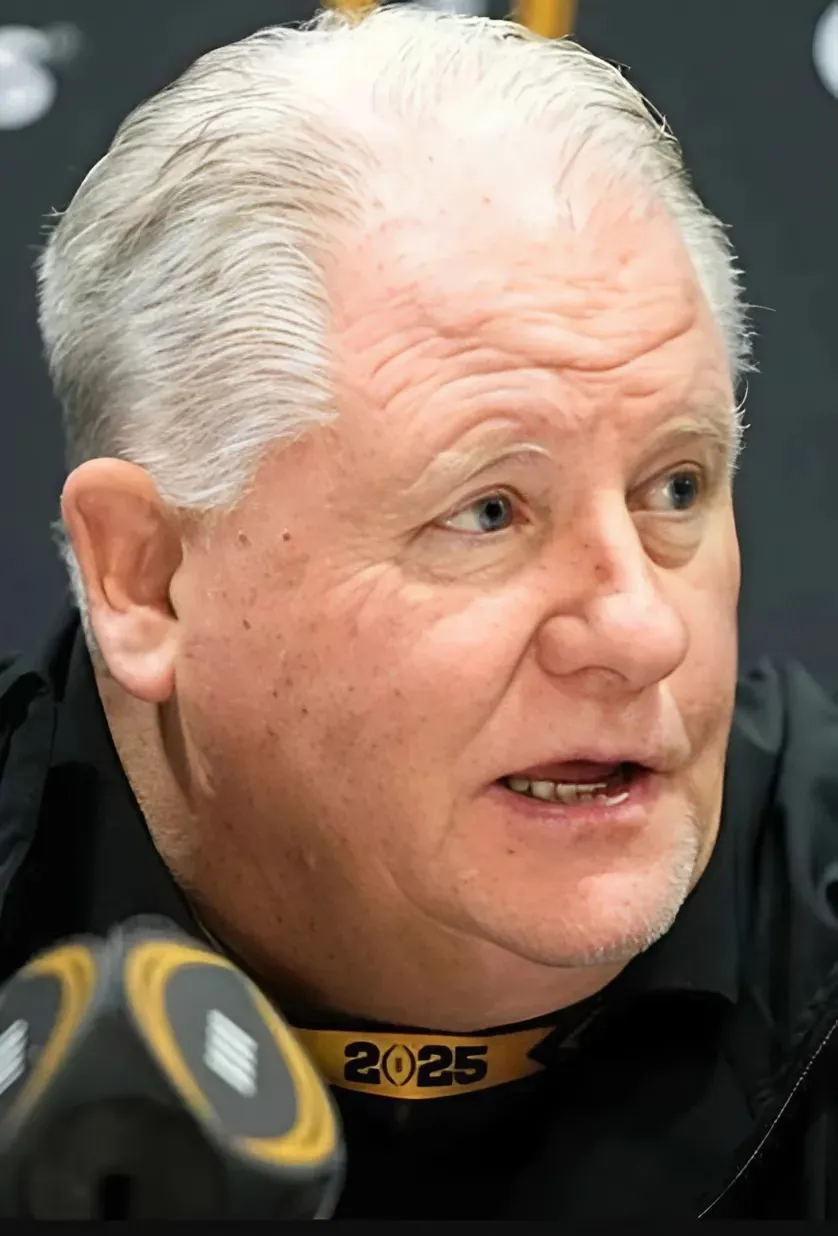The Golden Knights have one of the best coaching staffs in the NHL, headed up by Stanley Cup champion Bruce Cassidy. He’s joined by assistant coach John Stevens, who is a multi-Cup winner with Vegas and Los Angeles. Joel Ward, a former NHLer and one of the most respected players of his era. Goalie coach Sean Burke, who has been on the short-list for GM jobs, and is never left off a list of the best mentors to goaltenders. And skills coach Sean Ferrall, who won a Cup with the St. Louis Blues before joining VGK.
The staff has proven their worth time and time again over their three seasons in charge in Vegas, but there’s no better indicator than the Golden Knights’ starts to seasons. In the first 10 games of each of the last three seasons, Vegas has posted an insane 24-5-1 record, racing out to a division lead and coasting to a playoff berth each season.
Of course, due to the competitiveness and secrecy of professional sports, we’ll never truly understand the ins and outs of what makes these guys so successful. However, every once in a while, they let loose and share some secrets that not only may help other coaches in hockey and other sports, but also could be useful to everyday schmucks like us to be more productive and efficient at our own jobs.
Cassidy, Stevens, and Ward sat down for an extended conversation to help up-and-coming coaches. It was produced and published by the NHL Coaching Association, an organization designed to provide resources to hockey coaches at all levels.
The trio spoke about building a coaching staff, delegating and accepting work as assistants, designing practices, and much more, but a specific tidbit stuck out to me as something that could be helpful across all lines of employment.
When I first got into coaching, Bob Clarke pulled me aside and said listen, ‘Get your work done and go home. Just because you are at the office 15 hours doesn’t mean you are the hardest-working guy here.’ Get your work done, go home, and make sure you spend time with your family. When I got here, one thing (Bruce) said to us in the beginning was, ‘I’m not going to call you in to meet for the sake of meeting. If we’re going to meet it’s going to be for a purpose.’ -John Stevens
Cassidy agreed and added, explaining that it even took him a while to learn this lesson.
When I first started, I was like I’m not leaving until five or six o’clock, until all the other employees leave. And then I started realizing, I’m just sitting here where I could be taking care of another part of my life and better usage of time. Then you get into the NHL and realize that was just a misconception that you have to be here until a certain time. -Bruce Cassidy
Cassidy said he spends a lot of his time late at night digging into his computer to prepare himself for the following day. In the end, it’s about if, not when.
Shortening the hours and getting your job done (is important). I tried to tell the guys I work with that you don’t have to be here all day, but make sure your work is done. However you do that, when you walk through the door tomorrow, make sure it’s done. You don’t have to be married to your “desk” to do a good job and be a good coach. -Cassidy
It’s a cool lesson, especially with the knowledge that these are two of the best coaches in the world, competing in an extremely high-stakes game where their jobs depend on the performance of other people.
So, next time you are sitting around the office trying to appease the boss and/or fulfil work obligations, know that two of the most successful people in one of the most cutthroat industries on the planet don’t act that way.
Go home. Use your time properly.
*The interview referenced in this article is available to view in its entirety here. You must sign up for a free account, but it’s worth it to hear Cassidy, Stevens, and Ward in a relaxed setting, speaking about their jobs in a way we typically don’t hear.*
-1754370695-q80.webp)


-1749890228-q80.webp)